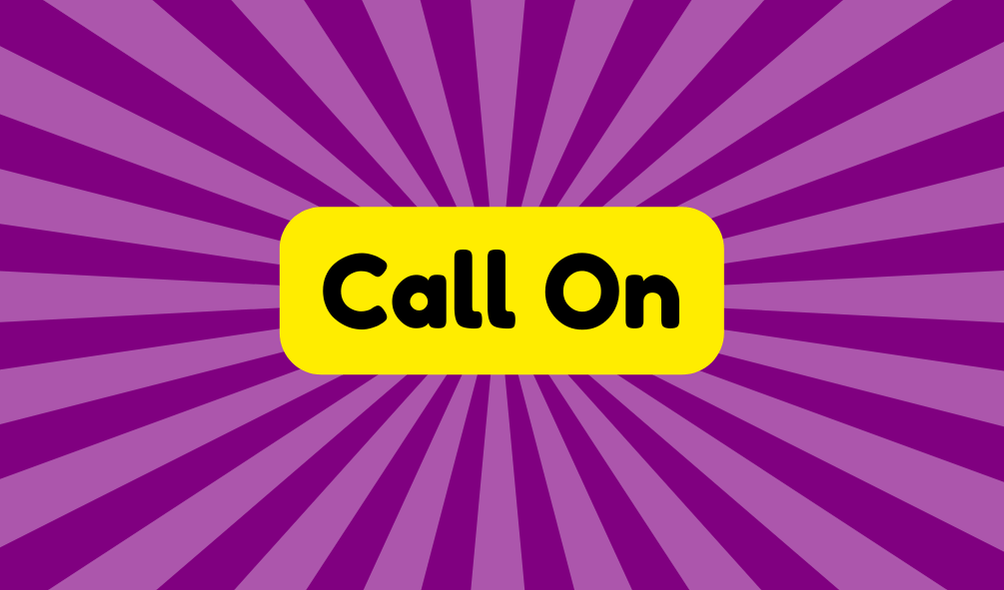"Call on" means to request help or support from someone, and it's rooted in a history where language reflects our need for connection. Originating as a simple shout, this term evolved into more formal requests for assistance. You might say, "I'll call on my friend for advice" to indicate you seek guidance. It's versatile, appearing in various contexts, like summoning resources or inviting participation. The term also hints at a societal emphasis on collaboration and genuine communication. Understanding this phrase deepens your insight into modern interactions and underscores its relevance today. Stay tuned for more fascinating linguistic details!
Synonyms
When you're looking for synonyms of "call," you'll find a range of options that convey similar meanings. It's essential to understand these nuances, especially if you aim to innovate or communicate effectively. Here are four key synonyms you might consider:
- Reach out – This term emphasizes connecting with someone, often for support or collaboration.
- Summon – A more formal way to demand someone's presence or assistance.
- Invite – This suggests a friendly approach, often to participate in an event or activity.
- Request – A neutral term for asking someone to take action or respond.
Use phrases like "call upon" to sound authoritative, but be careful; language shapes perception. Choosing the right synonym matters for clarity and impact.
Example of Sentences
Exploring how to use "call" in various contexts helps refine your communication skills. Understanding its applications can enhance how you interact with others and get your needs met. Here are some practical sentences:
- When you're in a bind, don't hesitate to call on assistance from your friends.
- It's important to call on requests during team meetings to guarantee everyone's voice is heard.
- If you need expert advice, you should call on someone with experience in that field.
- Don't forget, sometimes a simple phone call can change everything when you ask for help.
These examples illustrate the versatility of "call," whether you're seeking support or demanding action. Practicing these constructs can elevate your communicative effectiveness in dynamic settings.
Origin
The term "call" has evolved considerably over time, originating as a phrasal verb with roots in both informal and formal contexts. Its historical usage reflects a fascinating linguistic evolution, showcasing how language adapts to societal needs. Initially, "call" might've signified a simple shout but morphed into a request for action or assistance. This transformation illustrates the shifting dynamics of communication—what was once casual can now carry significant weight in both personal and professional arenas. Yet, it's vital to recognize that language isn't static; the way "call" is perceived today can differ dramatically from its origins. Understanding this evolution not only enhances your linguistic comprehension but also encourages critical thinking about how we communicate in an ever-changing world.
Collocations
Collocations related to "call" reveal how this dynamic verb interacts with different nouns and phrases in everyday language. Understanding these collocations helps you communicate more effectively. Here are some common phrases using "call on":
- Call on someone – This implies asking someone for help or to participate.
- Call on a friend – A common way to describe a casual visit to a friend's home.
- Call on resources – You might need to use available documentation or materials.
- Call on the audience – This is often used to invite audience members to participate in discussion.
Recognizing these collocations with "call on" illuminates nuances in conversations, helping you grasp their significance in context. Embracing them can enhance your verbal agility and clarity.
How to Use in Everyday Language
Using phrases like "call on" can make your everyday communication clearer and more engaging. You can easily adapt it for both formal and informal usage, making your message resonate with various audiences. Here's a handy table to guide you:
| Usage | Example |
|---|---|
| Call on | "I'll call on you later." |
| Call upon | "We can call upon our friends for help." |
| Informal | "I'll call on him for advice." |
| Formal | "They call upon the committee for a decision." |
| Everyday Use | "Can I call on you for a favor?" |
Why Is It Still Relevant Today?
"Call on" remains relevant today because it encapsulates our need for connection and courage in both personal and professional contexts. In modern usage, this phrase emphasizes the importance of reaching out, whether to ask for help, share ideas, or simply connect with others. Its cultural significance lies in how it reflects our evolving societal norms; people increasingly value collaboration and support. Yet, while the phrase holds power, it's worth questioning whether we genuinely embrace this call-to-action or just pay lip service to it. You might notice a gap between intention and action in daily life. Understanding the strength behind these words can inspire more authentic connections, ultimately enhancing our interactions and teamwork in a rapidly changing world.







